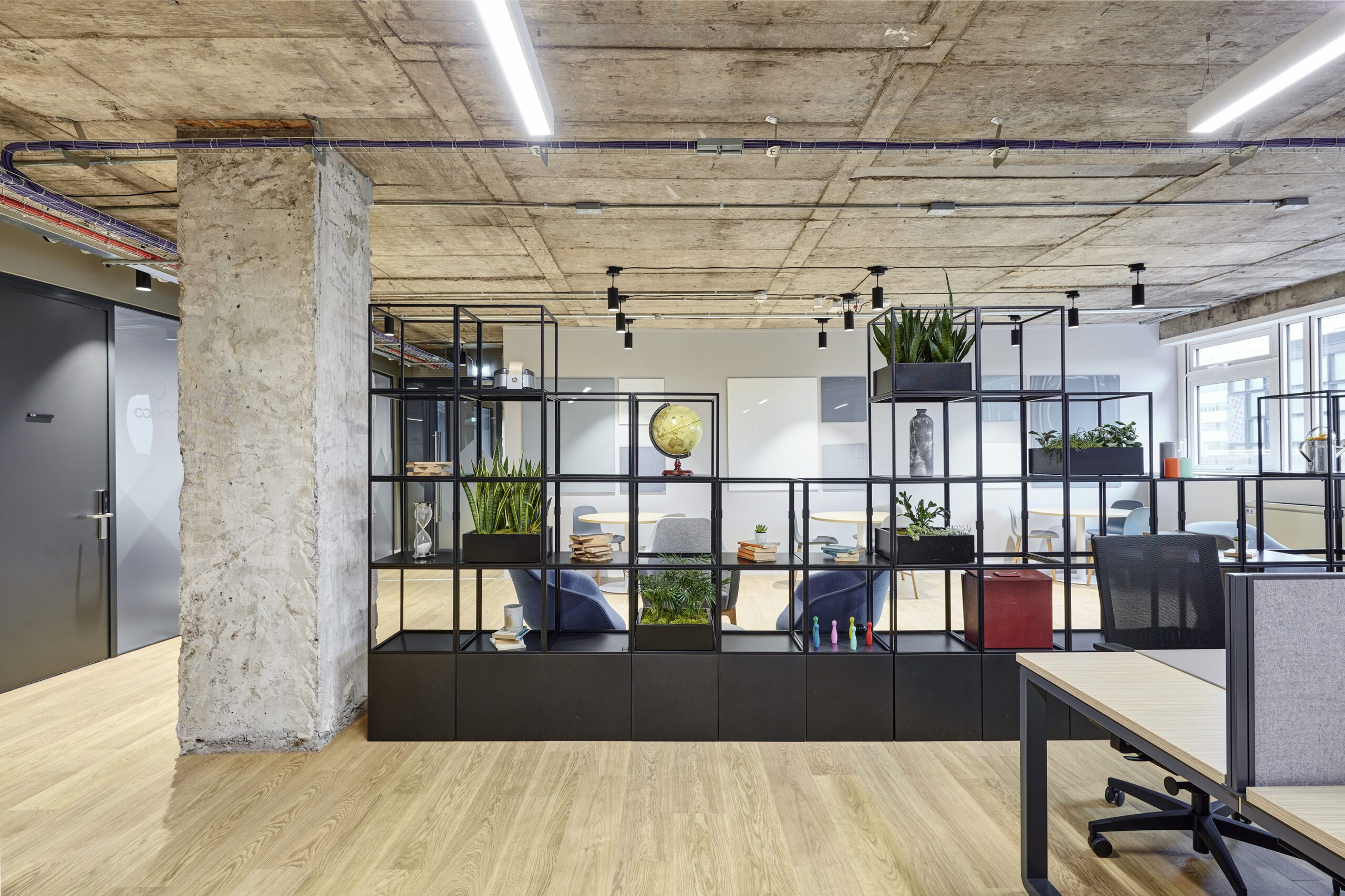
Hotels in the Age of Hybrid Working

Hotels in the Age of Hybrid Working
The internet has already changed the lodging sector in meaningful ways. Hotel websites made it easier for customers to transact directly with sellers. Online travel agencies (OTAs) allowed buyers to sort thousands of competing products and compare prices. Airbnb pulled millions of new suppliers into the market, and pricing algorithms helped operators squeeze more revenue out of their rooms. Yet amid all that innovation, the industry’s core product—the hotel room itself—was left fundamentally unchanged by the internet. Such a change is now overdue, and we think that aparthotels suggest a path forward.
The rise of remote work
Workplace practices are evolving in ways that permit both business and leisure travellers to stay at their destinations for longer durations. This is directly tied to the rise of remote work. Within the last two years, two developments converged: (1) the internet made it possible to work remotely, and (2) the pandemic brought about the actual adoption of remote work. Together, these changes will tend to reduce the number of work hours spent in office buildings and increase the number of work hours spent in other physical spaces, including homes and data centres (in a certain sense)—and perhaps also aparthotels.
Over the last decade, new information technologies have made it vastly easier for white-collar workers to communicate and collaborate without being physically co-located. Perhaps most importantly, cloud computing, mobile broadband and high-powered mobile devices have enabled workers located anywhere to share and retrieve digital files as long as they have an internet connection. As companies abandon on-premises servers and move to the cloud, their workforces are no longer chained to particular workplaces. (This is partly why office tenants are demanding more flexible leases.) In addition, mobile phones have largely replaced landlines, and many meetings are conducted via increasingly high-quality videoconferences, with participants sitting thousands of miles apart. In short, internet-enabled information technologies have given rise to a world where many workers can do their jobs without spending five days a week in the office.
Although technology made remote work possible in the first place, the pandemic actualised that possibility by changing organisational cultures and normalising remote work, at least on a hybrid basis. This shift is likely to last, partly because most workers do not want to return to offices full-time. A recent survey of 10,000 white-collar workers found that 86% want to permanently work from home at least two days per week.[1]Employers are now coming around to this idea, too. According to research by the economists Jose Maria Barrero, Nicholas Bloom, and Steven Davis, about 40% of all paid workdays in the US (including those of workers who cannot work from home) are currently remote. This level has stayed roughly flat throughout the past year, suggesting that the ebb and flow of the virus is no longer the main force dictating work-from-home patterns. Barrero expects the post-pandemic remote work equilibrium to settle somewhere between 30% and 40% of total workdays.[2] No matter where exactly that equilibrium ultimately settles, it is clear that remote work is here to stay in at least some capacity.
Longer stays will require a different type of hotel product
The rise of hybrid work is likely to have a lasting impact on the lodging industry. As white-collar workers spend more workdays outside the office, leisure trips and business trips could both become longer. We think that aparthotels are well placed to meet the specific demands that lengthier stays would generate.
Start with leisure trips. As white-collar workers continue to work remotely at least two days per week, trips that would previously have spanned a single weekend could easily be stretched to six-night vacations, with travellers working from “home” in their vacation destinations for two days on each end. These “hybrid tourists” will want a non-traditional hotel experience. Since they will be working during large portions of their stays, hybrid tourists will spend more time in their hotel rooms than conventional vacationers do. As a result, at the margin, they will probably care more about room size than high-touch services. More broadly, to the extent that hybrid tourists will maintain their regular work lives during their travels, we would expect them to demand the sorts of practical conveniences that they would enjoy at home, not the amenities provided by conventional hotels. Aparthotels cater to precisely these demands.
